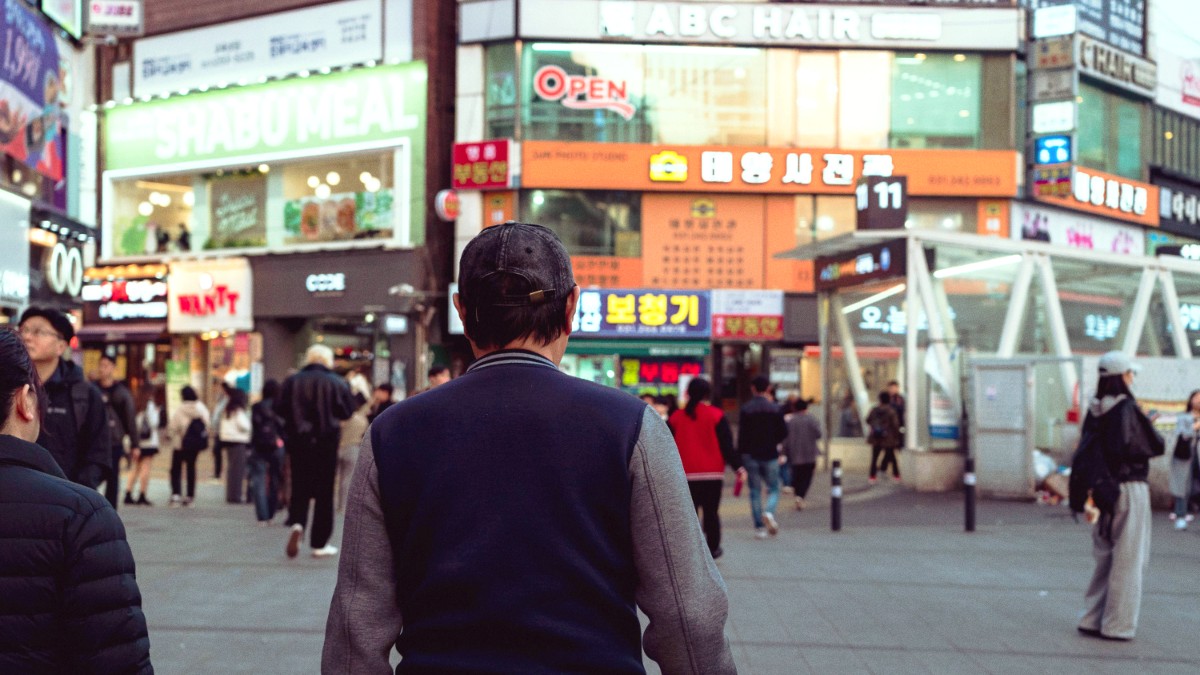
Gyeonggi Do, South Korea
Suwon's culinary identity is largely defined by Suwon Galbi (수원갈비), a renowned dish of grilled beef ribs. The city became famous for its beef due to a large cattle market established by King Jeongjo during the Joseon Dynasty. Korean cuisine is marked by bold flavors, often spicy, savory, and fermented.
Meals typically include rice, soup, and numerous side dishes (banchan). Learn more with a Korean BBQ Cookbook
Many dishes (stews, grilled meats) are for sharing. Numerous small side dishes (banchan) come with every meal, often refillable without extra cost.
Wait for the eldest person to start eating. Use chopsticks for solids, spoon for rice and soup. Avoid blowing your nose at the table.
Customary to pour drinks for others and be poured for. Lunch: 12 PM - 2 PM. Dinner: 6 PM - 8 PM, though many restaurants stay open late.
Marinated or unmarinated beef ribs, grilled at the table. Tender texture and rich flavor. Find it at specialized "Galbi" restaurants in Ingye-dong and around the fortress.
The undisputed specialty of Suwon.
A clear, hearty beef rib soup, often served with rice. A comforting alternative to grilled galbi.
Perfect for a warm, savory meal.
A warming soup containing "sundae" (Korean blood sausage) and various pork offal, served with rice. Find it in the Jidong Market area.
A true local specialty.
Soju: Clear distilled spirit. Makgeolli: Milky, fizzy traditional rice wine.
Sikhye: Sweet rice punch. Bingsu: Shaved ice dessert with various toppings.
Mainly specialized Suwon Galbi restaurants offer a more upscale dining experience.
Abundant throughout Suwon, serving various Korean cuisines like BBQ, stews, noodles, and fried chicken.
Traditional Markets offer a lively atmosphere and very affordable street food.
AK Plaza, Lotte Department Store (Suwon Station), and Galleria Department Store (Gwanggyo) have extensive food courts with various cuisines.
Good for diverse choices in one spot.
Commercial areas like Suwon Station and Ingye-dong have Japanese, Chinese, Western, and other Asian restaurants.
Find a range of global flavors.
Challenging but possible; look for specific dishes or specialized restaurants.
Very limited; consider bringing your own food or relying on fresh produce.
Difficult due to sauces. Allergy cards in Korean can help communication.
Translation apps like Papago can assist in expressing needs.
Very limited availability in Suwon. Travelers may need to rely on fresh produce or bring certified foods.
Seoul has a small number of Halal restaurants.
Can make specific dietary requests challenging. Translation apps help.
Research specific restaurants in advance that state they cater to these needs.
Soy sauce (간장, ganjang), chili paste (고추장, gochujang), and fermented soybean paste (된장, doenjang) are common and may contain gluten.
Communicate clearly and politely.
While more common in Seoul, smaller guesthouses or cultural centers in Suwon might have basic Korean cooking experiences.
Less common for tourists within Suwon city limits.
Check the Suwon City tourism calendar for local food festivals, especially during autumn.
Learn how Suwon's history as a royal city and cattle market shaped its culinary traditions.
King Jeongjo's influence on the city's food culture.
Chat with local vendors in traditional markets. Many are happy to share their knowledge of ingredients and dishes.
A translation app can facilitate conversations.
Tabletop grilling is a social and engaging way to dine in Korea.
Savor the wide variety of complimentary side dishes with every meal.
Partake in the custom of pouring drinks for others, a sign of respect and camaraderie.
Exploring smaller, local eateries often leads to the most authentic and memorable culinary experiences.